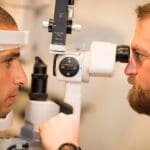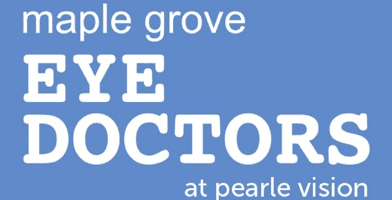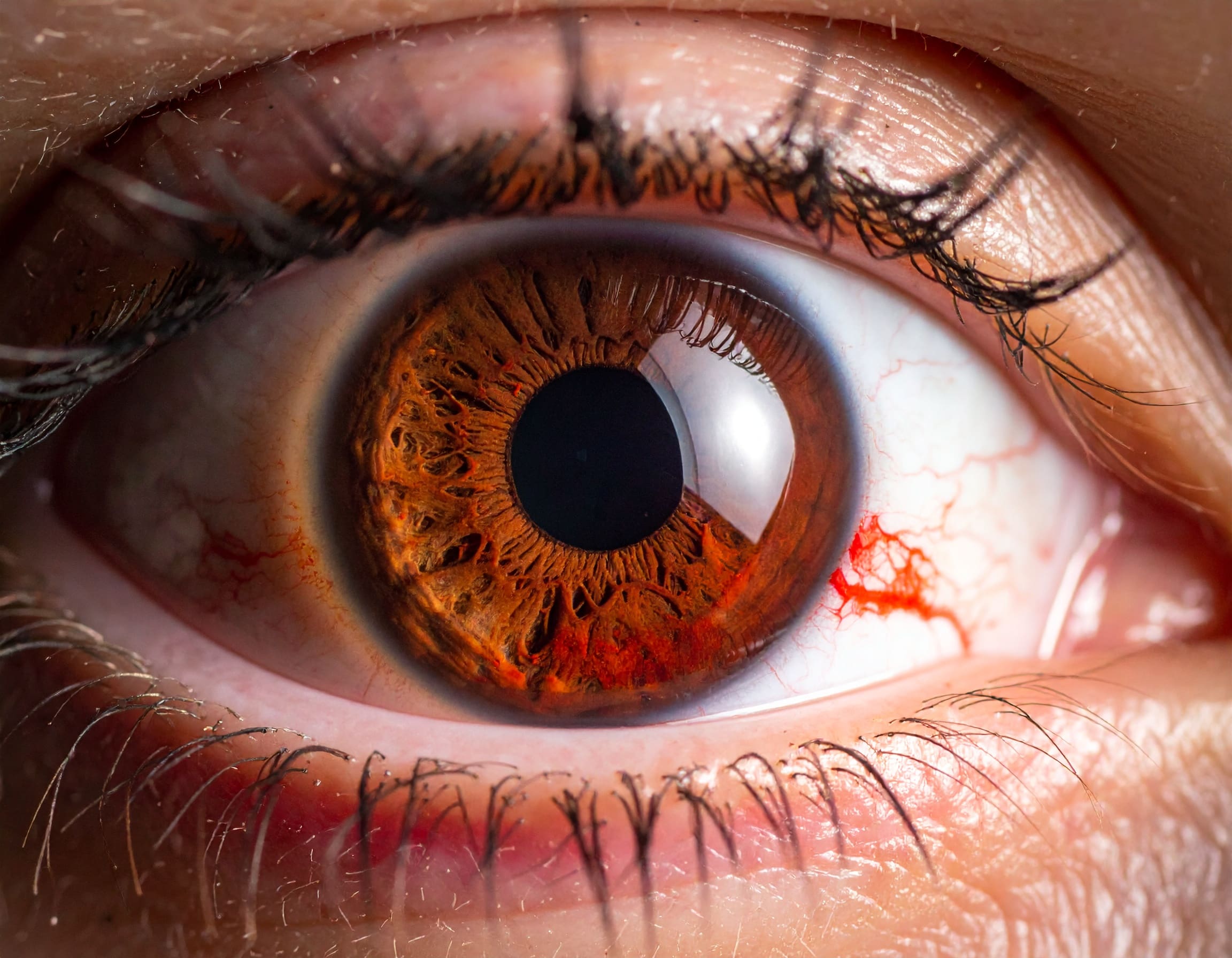Do You Think That Vision Loss Is A Normal Part Of Aging? IT… IS… NOT!
The eyes with which you see the beautiful world around you are irreplaceable. With your vision, you experience many things and emotions in life. Vision is a miraculous gift to mankind, but your eyes are also fragile and need proper care. Often, many eye problems begin without any overt symptoms. Your sight could deteriorate, or your eyes could catch an infection or disease. Fortunately, there are ways to preserve your vision and keeping your eyes healthy is easy.
1. Minimize Digital Eye Strain
Minimize eye strain by balancing time on digital devices with ample time outdoors. This is especially important for children. You should also practice the 20-20-20 rule and make a concentrated effort to BLINK often when using digital devices. Additionally, position computer screens attached with anti-glare cover at arm’s length. Hold handheld devices at least 16 inches away. 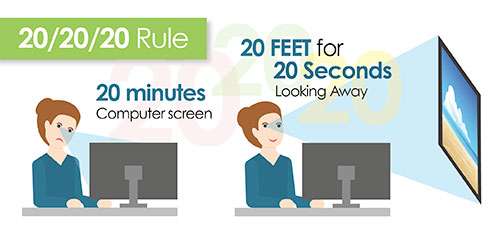
2. Always Wear Your Sunglasses
Be cool!… and wear QUALITY SUNGLASSES if you want to delay needing reading glasses! They protects your eyes from the harmful UV rays that can cause serious eye damage. Also, ensure your sunglasses block 99 percent of UVA and UVB rays to avoid burns, changing eye cell structure, and other negative effects.

3. Use Protective Eyewear
Wear protective eyewear (or safety goggles) when playing sports (or working) at any age. A ball or a racket can cause serious eye injury. So just cover ’em up! Protecting your eyes is also important if your work requires dealing with strong substances, doing repairs, gardening, etc. Protective gear can shield your eyes and keep them safe always.

4. Check for Underlying Health Conditions
Blood and skin cancer, diabetes, heart problems, high blood pressure, Lyme disease, rheumatoid arthritis (RA), thyroid, and Vitamin A deficiency can all interfere with vision.
If left untreated, these health conditions can affect your sight and overall well-being. So, be vigilant and on the lookout for these underlying health conditions.
Never Do These Things When Wearing Contacts
Don’t sleep, swim, or shower while wearing contact lenses. Never wear your lenses with dirty hands. Don’t rub your eyes when wearing contacts, do not forget to replace them regularly, and never wear them if you develop an infection.
Use appropriate cleansing solution and always keep a backup pain when traveling. You don’t want to contract a blinding eye infection; believe us!
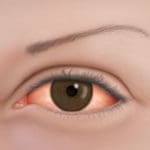
5. Throw Away Old Makeup
Bacteria can quickly grow on liquid makeup. If you are barely using any items or using expired items, BEWARE! Sharpen eye pencils regularly, discard items nearing expiration, and stop using makeup if you contract an infection.
6. Keep an Eye on Your Child’s Vision
“Keep an eye” on the vision of your children as they grow and watch for signs of problems or vision changes. Early action is crucial in slowing myopia progression and its long-term health complications. The overuse of digital devices can cause myopia or nearsightedness. Read more about how you can keep your child’s eyes healthy.
7. Maintain Your Vision as You Age
Cataracts, glaucoma, macular degeneration, diabetic eye disease, detached retina – there are so many potential concerns with senior vision. If you’re over 65, pay close attention to any vision changes. Blurry vision can be a sign of a severe problem. Poor vision can also lead to devastating falls, increasing dependence, and social isolation.

8. Eat the Right Foods
Eat your veggies, especially carrots, and greens! YES. DIET. MAKES. A. DIFFERENCE. Fresh fruits and vegetables contain the necessary nutrients that can help maintain healthy eyes. Oily fish is also excellent for the eyes since it has omega-3 fatty acids. You can also snack on all kinds of nuts and seeds. Eggs, milk products, and orange foods like squash and cantaloupe are also good for the eyes. As a bonus benefit, including healthy choices on your plate makes you a great role model for your kids. Read more about diet and vision.
Visit Your Eye Doctor
Lastly, OF COURSE, have a COMPREHENSIVE EYE EXAM EVERY SINGLE YEAR. Easy!
The American Academy of Ophthalmology suggests that all adults above 40 must get a complete eye checkup to catch any problems early on. It is also valid for school kids. The frequency of tests can vary depending on your current eye health. If you don’t remember when you last visited your doctor, schedule an eye exam today.
